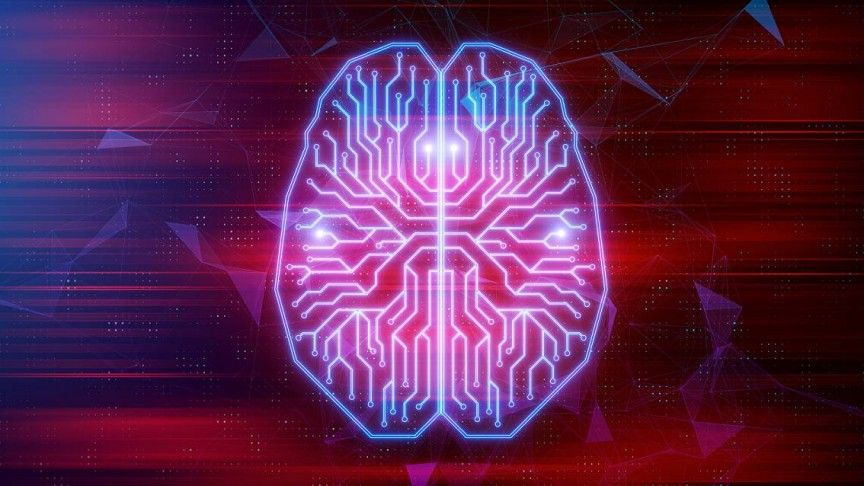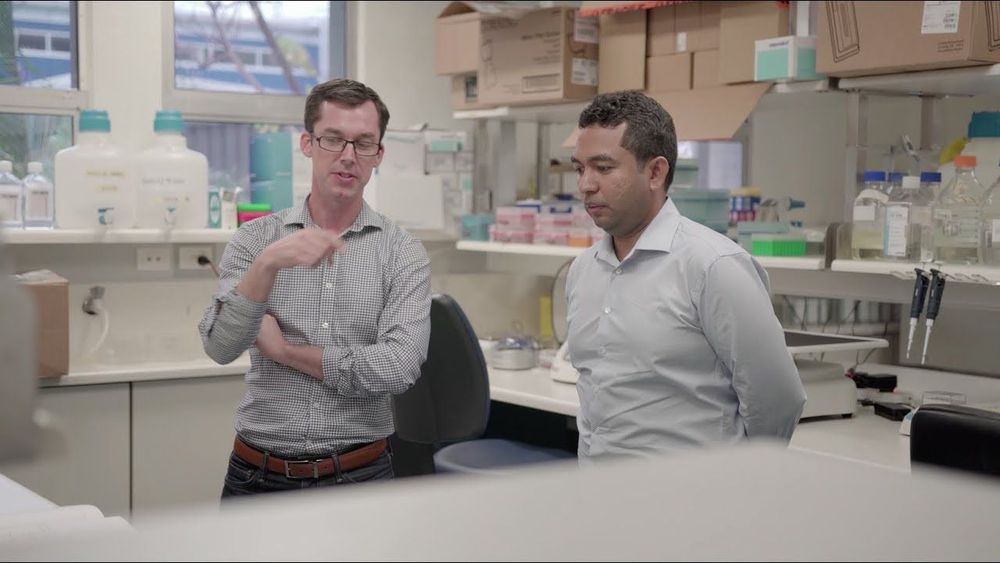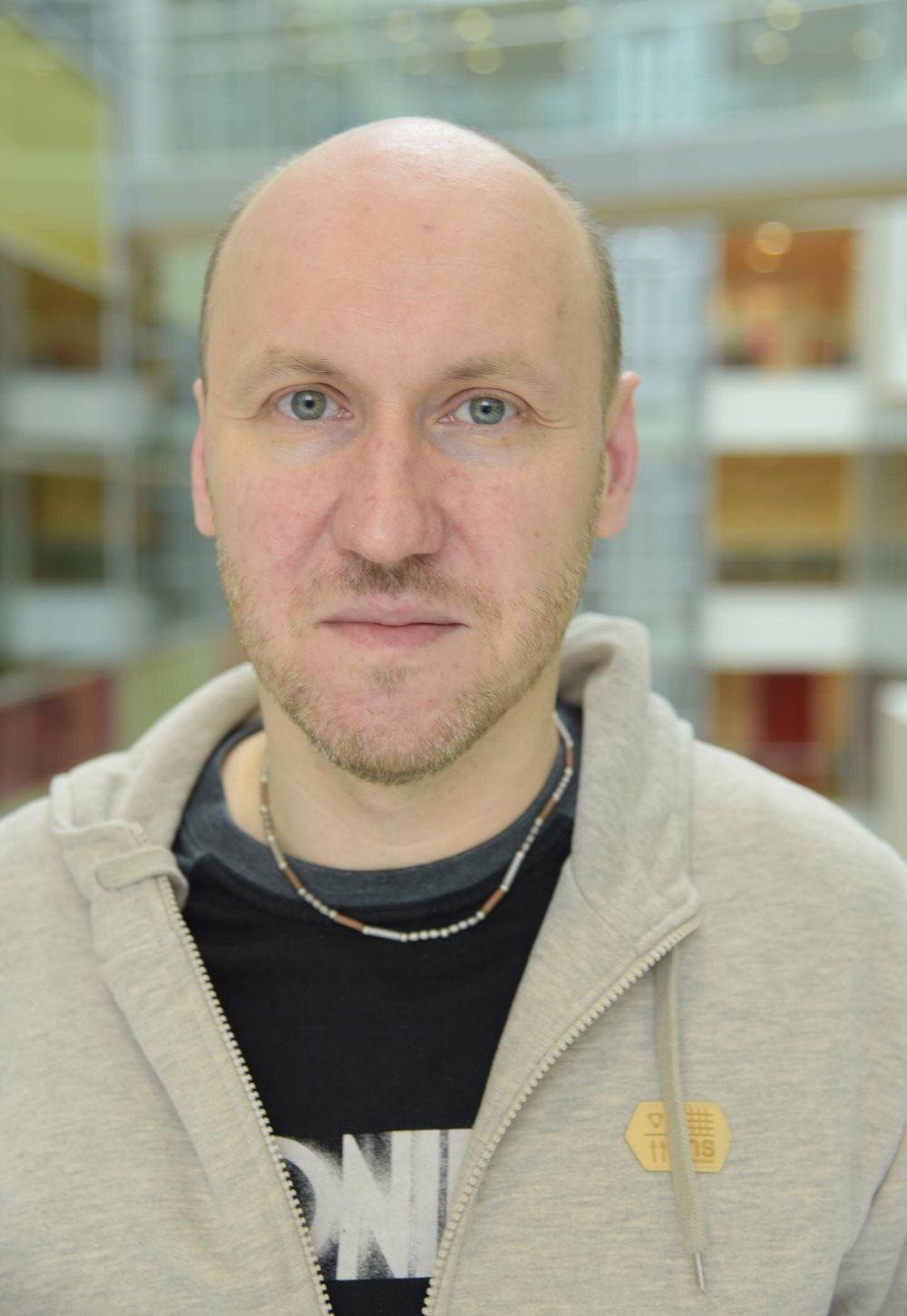Brain computer interfaces (BCIs) promise to allow communication between brains and computer devices. The “Brain Talker” is a new model that looks set to make the technology go mainstream.



Why didn’t it tell the world? Drug companies frequently have been pilloried for not fully disclosing negative side effects of their drugs. What happens when the opposite is the case?
A team of researchers inside Pfizer made a startling find in 2015: The company’s blockbuster rheumatoid arthritis therapy Enbrel, a powerful anti-inflammatory drug, appeared to reduce the risk of Alzheimer’s disease by 64 percent.
The results were from an analysis of hundreds of thousands of insurance claims. Verifying that the drug would actually have that effect in people would require a costly clinical trial — and after several years of internal discussion, Pfizer opted against further investigation and chose not to make the data public, the company confirmed.




A group of Spanish researchers, including Dr. Maria Blasco and others at the CNIO, have published a new study that examines the consequences of short telomeres and telomerase deficiency on the brain [1].
This study addresses an aspect of telomere attrition, one of the primary hallmarks of aging. Telomeres are repeating sequences of DNA (TTAGGG) that can can reach a length of 15,000 base pairs and appear at the ends of chromosomes, acting as protective caps. They prevent damage, stop chromosomes from fusing with each other, and prevent chromosomes from losing base pair sequences at their end during cell replication.
The past year or so has seen an energetic debate over whether or not new neurons are generated in the adult human brain, a process known as neurogenesis. This process is well known and well studied in mice, and thought to be very important in the resilience and maintenance of brain tissue. The human data has always been limited, however, due to the challenges inherent in working with brain tissue in living people, and it was assumed was that the mouse data was representative of the state of neurogenesis in other mammals. In this environment, the publication of a careful study that seemed to rule out the existence of neurogenesis in adult humans produced some upheaval, and spurred many other teams to assess the human brain with greater rigor than was previously the case.
So far, all of the following studies published so far do in fact show evidence of adult neurogenesis in humans. This is the better of the two outcomes, as the regenerative medicine community has based a great deal of work on the prospect of being able to upregulate neurogenesis in order to better repair injuries to the central nervous system, or partially reverse the decline of cognitive function in the aging brain. The study here is particularly reassuring, as it shows that even in very late life there are signs that new neurons are being generated in the brain.

A new therapy that appears to stop Parkinson’s disease “in its tracks” will begin phase-one clinical trials in humans next year.
The therapy, developed by researchers at the University of Queensland – and partly under-written by the Michael J Fox Foundation – is a world first because it stops the death of brain cells in Parkinson’s sufferers rather than managing symptoms.
If human trials echo the stunning results in animal testing, the inflammation of the brain that causes so much of the progressive damage in Parkinson’s disease (PD) could be halted by taking a single pill each day.

Researchers have determined that gum disease (gingivitis) plays a decisive role in whether a person develops Alzheimer´s or not.
“We discovered DNA-based proof that the bacteria causing gingivitis can move from the mouth to the brain,” says researcher Piotr Mydel at Broegelmanns Research Laboratory, Department of Clinical Science, University of Bergen (UiB).
The bacteria produces a protein that destroys nerve cells in the brain, which in turn leads to loss of memory and ultimately, Alzheimer´s.
